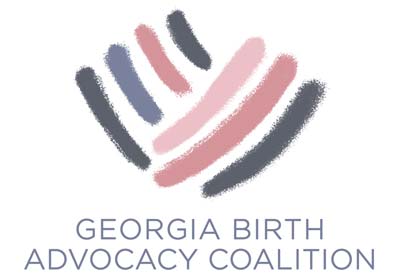How to Go to the Media if Your Rights Are Violated During Birth or Pregnancy
Our current birth regulatory system is largely designed to protect doctors, not the people they serve. For many birthing people, medical board complaints, letters to the hospital, and even lawsuits may fail. This doesn’t mean your complaint doesn’t matter.
The media is a powerful tool. Consider how podcasts like Dr. Death have exposed bad doctors and protected patients from abuse. Many high-profile abuse stories became common knowledge thanks to the diligent efforts of people in the media. Here’s how to tell if your story is appropriate for the media—and what to do next.
Will the media be interested in my story?
The media is interested in a wide range of stories. Sometimes they investigate a single doctor or hospital. More frequently, they want to tie a birth story into the larger framework of maternal health and mortality. The media may be interested in your story if:
You suffered a serious injury during birth.
You were assaulted while giving birth, or suffered provable abuse.
You nearly died of preventable causes.
You were harmed by a provider or hospital with a history of harming others.
You have video or photos of abuse during or after birth.
the emerging role of birth media
The media is a reflection of the society in which it operates. That means that sometimes, it doesn’t take obstetric abuse seriously. Many birth advocacy organizations now work to fill in this gap, publicizing stories of obstetric violence and helping birthing people get justice. ImprovingBirth, for example, was a driving force publicizing a horrific forced episiotomy case.
Some birth advocacy organizations that may be interested in hearing your story include:
Sharing your story on the social media pages of these organizations can also help publicize your story, and connect you to people with similar experiences.
how to share your story
Your story needs to be easily understood and appealing to the media. That means making it as brief as possible, sticking only to the most relevant facts. Consider reducing your story to 3-4 sentences, then offering more information if the media outlet wants it. If you have video or other recordings, be sure to let the person you contact know.
how to contact the media
Virtually every major media outlet in Georgia has covered the maternal mortality crisis, the high c-section rate, and obstetric violence. If your story is compelling enough, you can be they’ll want to hear it. Consider searching online for news stories similar to your birth story. Then contact the reporter who published that story. You can also directly contact a media outlet with a tip.
If you need help pitching your story to the media or figuring out whom to contact, contact the Georgia Birth Advocacy Coalition.

